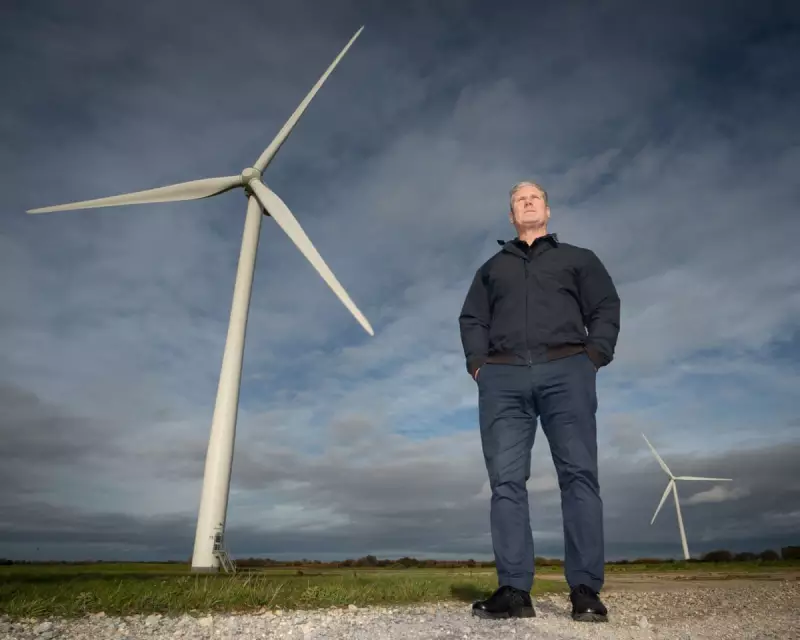
Prime Minister Keir Starmer is preparing for his first major international climate test as Britain seeks to reclaim its position as a global environmental leader at the critical COP30 summit in Brazil. The upcoming conference represents both a significant opportunity and a formidable challenge for the new government's foreign policy ambitions.
A Legacy to Rebuild
The UK's credibility on climate action has suffered significant damage in recent years, with previous governments failing to match rhetoric with substantial policy action. Starmer's administration now faces the urgent task of restoring international trust while navigating complex geopolitical waters.
The Brazilian Challenge
Host nation Brazil presents its own set of complications. Despite President Lula's environmental commitments, domestic political pressures and economic considerations continue to influence the country's climate stance. The UK must demonstrate nuanced diplomacy to build effective partnerships.
Key Summit Objectives
- Finance mechanisms: Establishing workable frameworks for climate funding
- Emission targets: Securing stronger commitments from major polluters
- Adaptation strategies: Addressing the needs of vulnerable nations
- Technology transfer: Facilitating clean energy access globally
Domestic Foundations for International Influence
Experts argue that the UK's effectiveness at COP30 will depend heavily on demonstrating credible domestic climate policies. The government must showcase tangible progress on renewable energy, green investment, and emission reduction targets to maintain negotiating leverage.
The success or failure of Starmer's climate diplomacy in Brazil could define Britain's international environmental standing for years to come. With the climate crisis intensifying and global cooperation fraying, the pressure for meaningful outcomes has never been greater.





